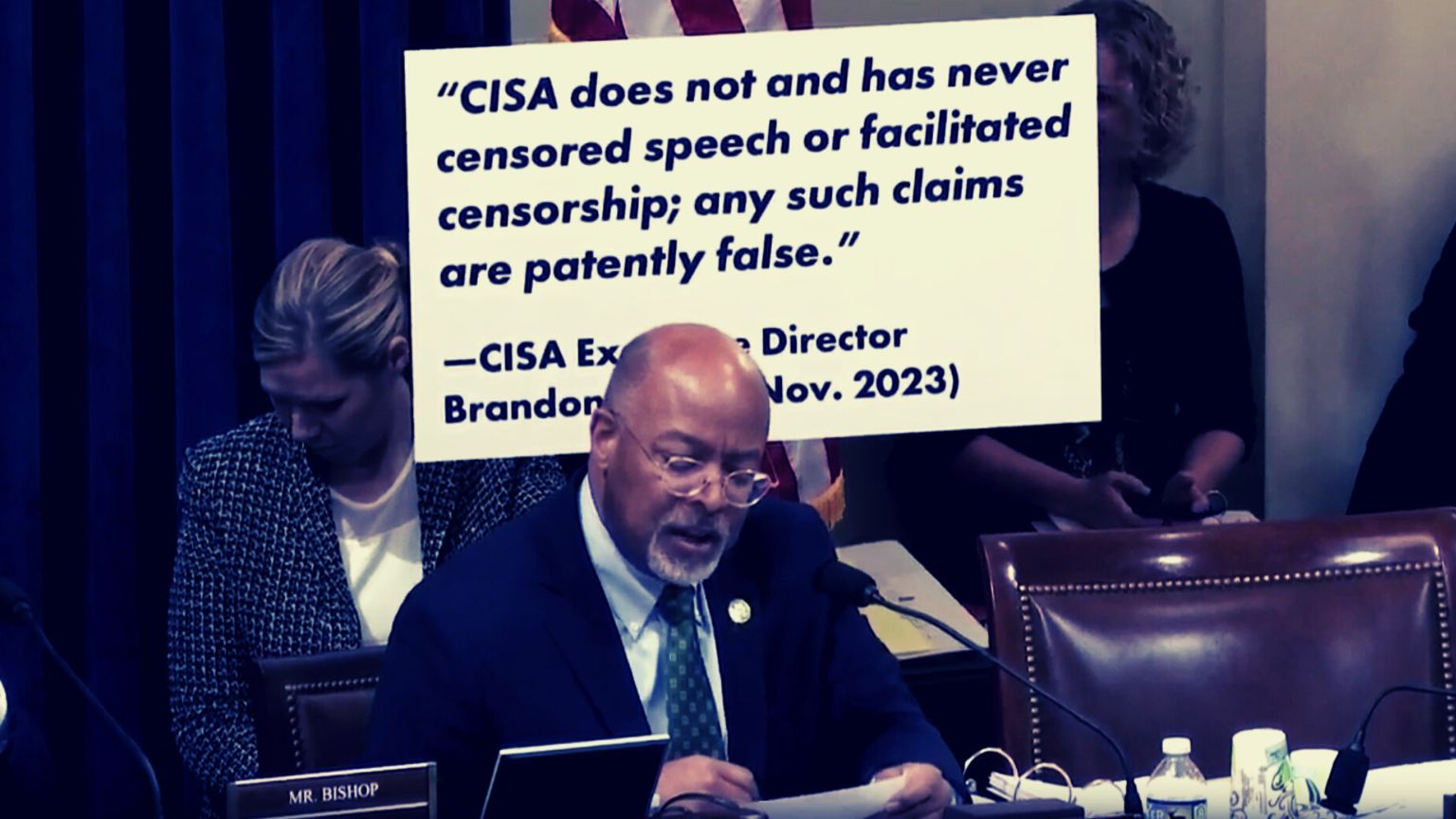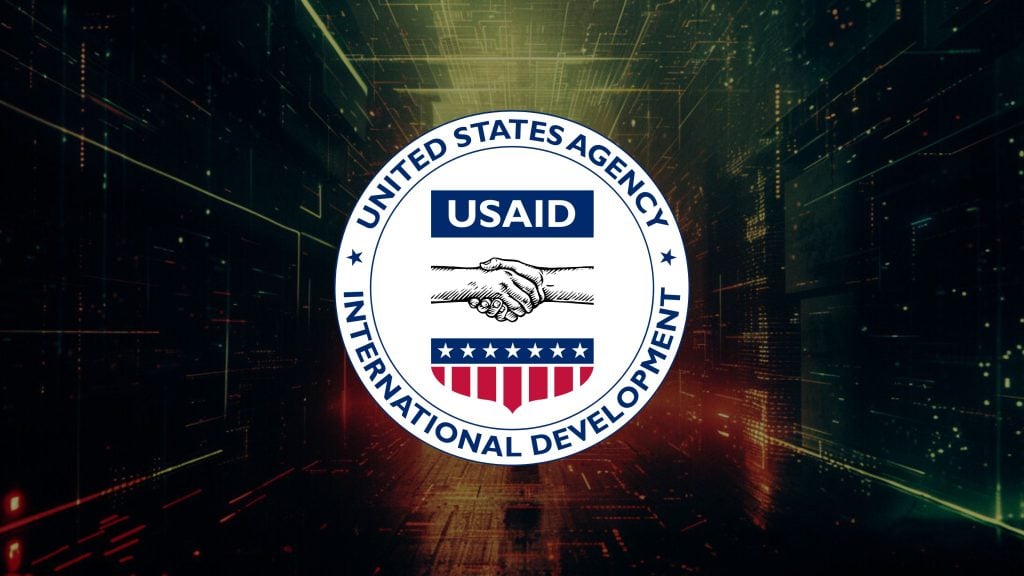During a hearing titled “Censorship Laundering Part II: Preventing the Department of Homeland Security’s Silencing of Dissent” this week, Democrats once again denied or downplayed the large amounts of evidence showing that the Department of Homeland Security’s (DHS’s) Cybersecurity and Infrastructure Security Agency (CISA) had pressured Big Tech to censor.
Rep. Dan Bishop (R-NC) opened the hearing by providing an overview of some of the most egregious examples of government agencies pressuring Big Tech companies to censor.
Several of the witnesses, including journalist Michael Shellenberger, President and General Counsel of the New Civil Liberties Alliance Mark Chenoweth, and Senior Fellow at The Council to Modernize Governance, Gary Lawkowski, spoke out about against the federal government leaning on Big Tech to censor and provided further examples of this.
But several Democrat lawmakers downplayed this evidence and testimony and insisted that the platforms were making their own content moderation decisions.
Rep. Glenn Ivey (D-MD) asserted that “claims about CISA being a giant censorship entity completely misses the mark” and claimed that platforms were never compelled to take down content. To support his claims, Ivey showed several quotes from CISA members who denied that the censorship occurred and invoked disclaimers that CISA included in their emails.
“This is not government censorship or censorship by proxy,” Ivey said. “Social media companies are privately owned and make content decisions based on their terms of service.”
Ivey even accused one of the district courts in Missouri v. Biden, a major social media censorship case that accuses the Biden administration of violating the First Amendment, of issuing opinions “based on false information or misinformation.”
He concluded his opening comments by framing the attempts to halt government censorship pressure as having a “chilling effect” on CISA and the researchers who have been flagging content for censorship.
When Ivey questioned Chenoweth on where he would draw the line on governments reaching out to platforms and flagging content, Chenoweth said that when the government reaches out to platforms to shut down speech, it becomes censorship and that the line should be based around whether the speech is lawful.
Rep. Yvette Clarke (D-NY) focused her comments on how some of CISA’s censorship programs no longer exist and framed concerns about CISA flagging content for censorship as “fearmongering.”
She added: “It is clear that CISA has not engaged in any nefarious or unconstitutional activity. There is simply no evidence of it.”
Republicans are also backed up by the courts in their allegations.
The court case Missouri v. Biden revolves around allegations that federal government officials influenced social media companies to suppress certain viewpoints. The plaintiffs, including the attorneys general of Missouri and Louisiana and several private parties, filed a lawsuit claiming that federal officials coerced or significantly encouraged social media platforms to remove or demote content on various topics, such as the COVID-19 pandemic’s origins, the efficacy of masks and vaccines, the security of mail-in voting, the integrity of the 2020 presidential election, and more.
The case began in the US District Court for the Western District of Louisiana, where a preliminary injunction was issued on July 4, 2023. This injunction prohibited a broad range of federal government officials from communicating with social media companies for the purpose of urging or encouraging the removal, suppression, or reduction of content containing protected free speech.
The case is currently being looked at by The Supreme Court.






















